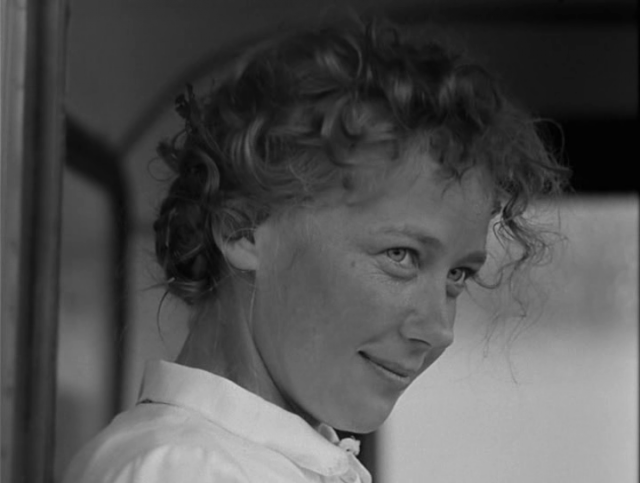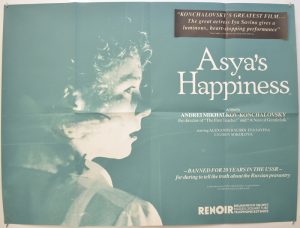Written for the Jeonju International Film Festival in March 2009. I can happily report that, according to Portabella, his DVD box set containing all or most of his films to date will finally be released later this year. — J.R.

My first problem in coming to terms with No Compteu Amb Els Dits (1967, 26 minutes), Pere Portabella’s first film, is my inability to distinguish between every one of what he himself identifies as its 28 separate fragments, each one reportedly lasting between 15 seconds and two minutes. Counting the segments myself — not with my fingers, but with a pen, a piece of paper, and a VCR — I come up with only 24, not 28 But then again, the only obvious ways of distinguishing one sequence from another are (a) changes in themes, characters, and/or settings, (b) changes in the music, (c) other changes in the soundtrack involving sound effects, dialogue, or narration, (d) switches between black and white and color (or vice versa), and (e) graphic transitions that are apparently similar to those used in Spanish commercials shown in cinemas during this period. And at one point or another, Portabella seems to defy most of these conventions by eliminating or obfuscating such markers. Read more
From the Chicago Reader (July 1, 1988). — J.R.


Originally entitled The Story of Asya Klachina, Who Loved a Man but Did Not Marry Him Because She Was Proud, Andrei Konchalovsky’s remarkable 1967 depiction of life on a collective farm, one of his best films, was shelved by Soviet authorities for 20 years, apparently because its crippled heroine is pregnant but unengaged and because the overall depiction of Soviet rural life is decidedly less than glamorous. (The farm chairman, for instance, played by an actual farm chairman, is a hunchback.) Working with beautiful black-and-white photography and a cast consisting mainly of local nonprofessionals (apart from the wonderful Iya Savina as Asya and a couple others), Konchalovsky offers one of the richest and most realistic portrayals of the Russian peasantry ever filmed, working in an unpretentious style that occasionally suggests a Soviet rural counterpart to the early John Cassavetes. Many of the men in the cast relate anecdotes about war and postwar experiences that are gripping and authentic, the interworkings of the community are lovingly detailed, and the handling of the heroine and her boyfriends is refreshingly candid without ever being didactic or sensationalist. Episodic in structure and leisurely paced, the film is never less than compelling. Read more



